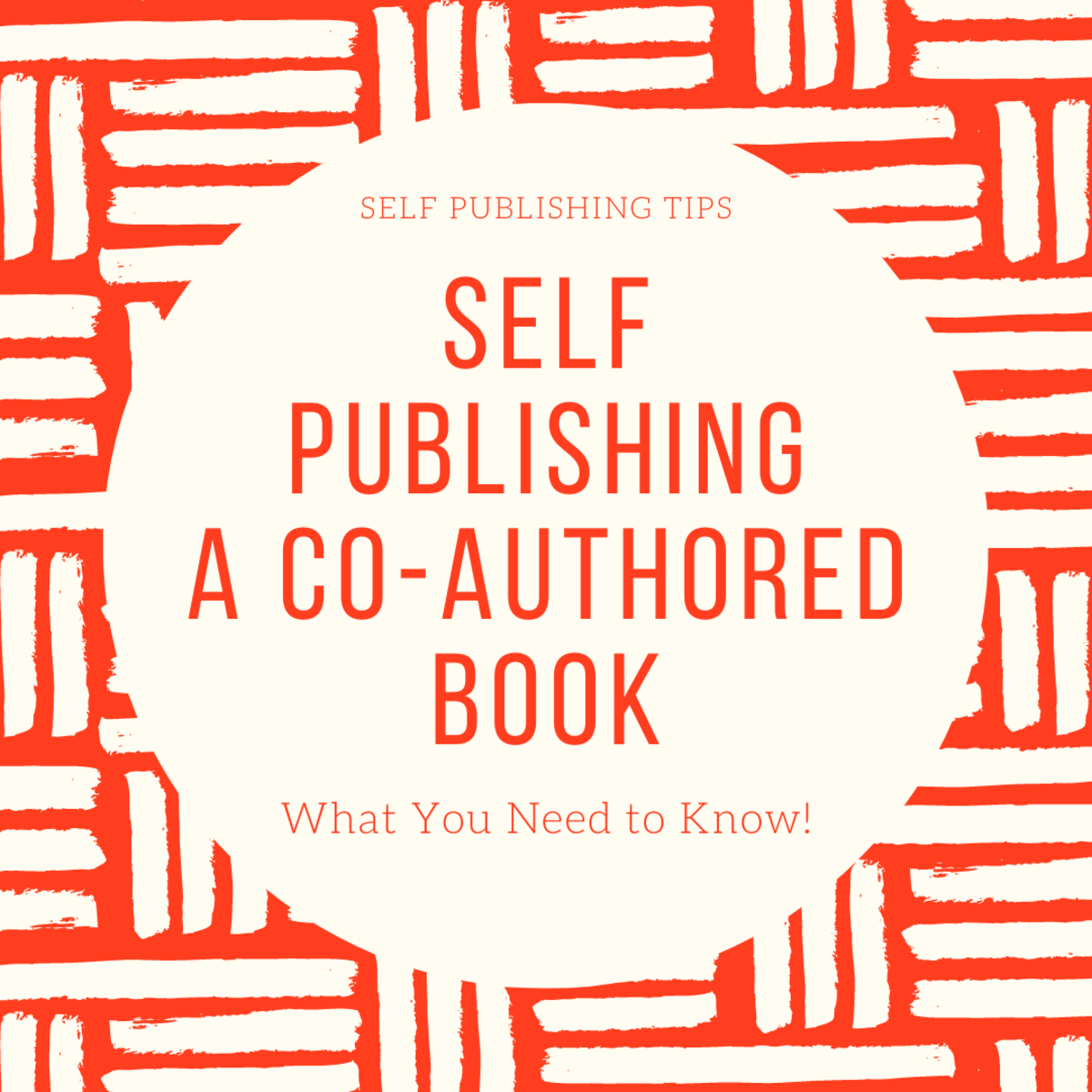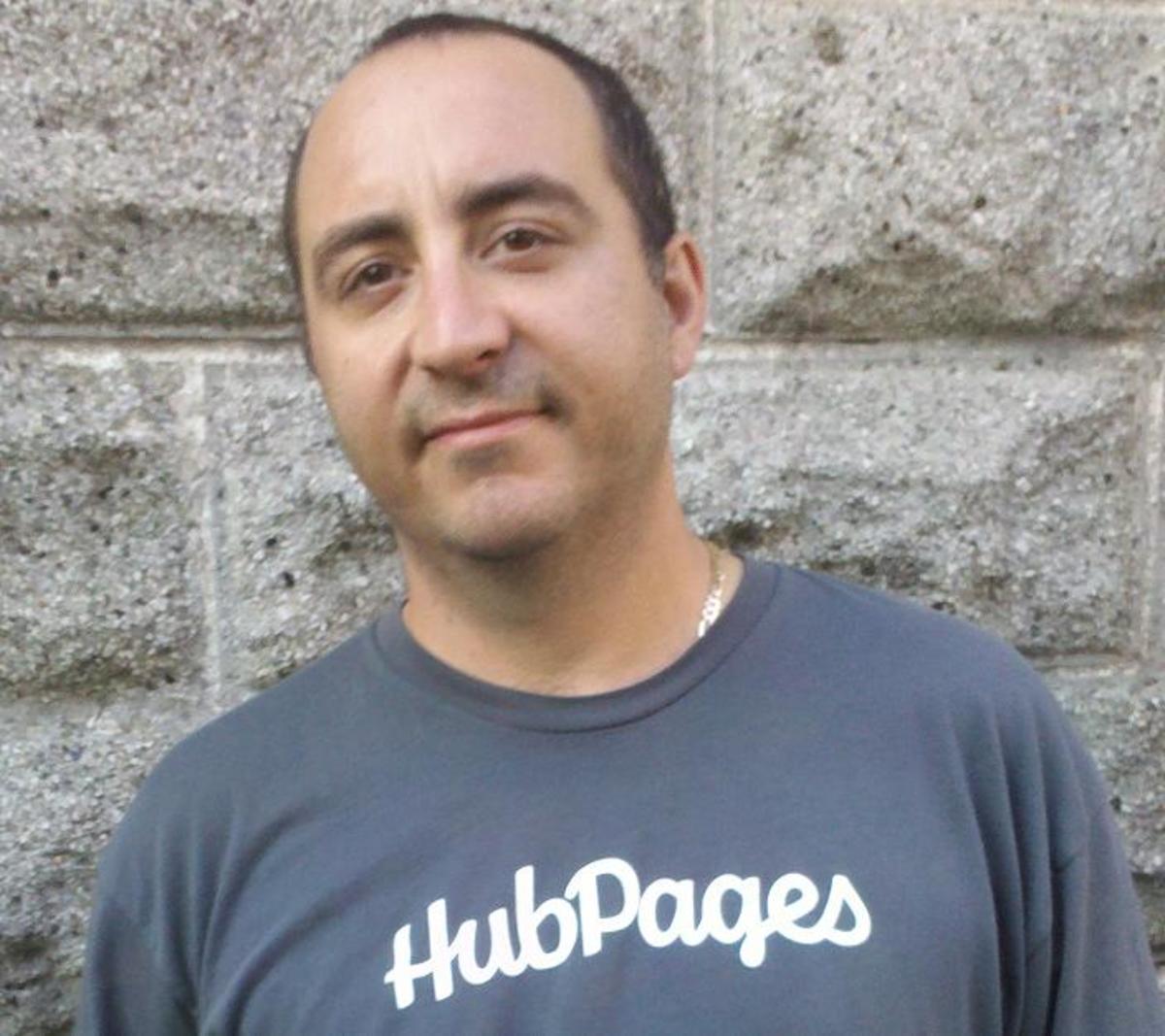Making a Living from Writing
Photo copyright K.Torres 2004

This decade is probably seeing an unprecedented rise in new authors seeking publication. Perhaps it's partly fuelled by the Global Financial Crisis, which has seen so many people suddenly unemployed and with time on their hands to devote to their guilty pleasure of writing. Another factor is the rise of the e-publishers, self-publishers, and vanity presses, giving a greater portion of the population a chance to see their work in print. Perhaps it's also due to the unparalleled popularity and success of the internet in giving every Tom, Dick, Jane and Mary a chance to express themselves publicly. Of course, it may be also largely due to the stupendous success of JK Rowling, a former housewife turned über-bestselling author.
I’m pretty sure it is actually due to a combination of these reasons.
While more people now more than ever want to be authors, it's time for a reality check. Not every talented writer out there is going to be the next Dan Brown, JK Rowling or Stephenie Meyer. For most of us (and a vast majority at that), millions of dollars in royalties, movie deals and related merchandising aren't just around the corner.
So we're not going to become millionaires. That's not news to the more pragmatic ones among new writers.
For writers like me, the question to ponder is really whether writing can be pursued as a full-time career by more than just the most devoted, dedicated writers. Can people with families and mortgages actually live from just writing? Or does writing remain, like any other profession based on creativity and artistic expression, a vocation reserved for those who can afford to do it, or who are willing to struggle economically in order to do it?
No doubt many other new writers out there are asking themselves and their writing buddies these same questions. While some are in it for the pure love of writing, there are some of us who look forward to quitting our day jobs and devoting quality time to the pursuit of the written truth. But how to get there? And is 'there' really worth getting to? Does 'there' even exist?
I guess the questions I’m really trying to answer here are: can I pursue writing as a full-time career and give up my present job? When can I quit from my job? Can I quit as soon as I receive a book contract? Two contracts? Three?
An underlying question here would be: how much can I hope to earn from selling my first book? What about for subsequent books?
There’s a great deal of information out there in cyberspace, and I hope to capture the gist of some of the best articles here. Please note that none of these are based on ‘scientific’ quantitative research. These are mostly based on surveys of authors, and therefore biased, depending on who the surveyor/article writer knows or has access to. So do beware, and take each of these articles with a grain of salt.
You are free to click on the links for each article, so you can see the details of how the numbers were arrived at.
Lynn Viehl’s disclosure of her royalty statements (2009)
This article made waves in the blogosphere of the publishing industry, so I wouldn’t be surprised if you’ve seen this.
If you haven’t seen it, do visit Lynn’s site to get the details. As summary: Lynn was courageous enough to disclose to all who cared to look, exactly how much she earned in royalties from the sales of her novel, Twilight Fall, an honest-to-goodness NY Times bestseller.
Her publisher reported sales of 64,925 books, for which Lynn received $27,721.31 in net earnings. This amount was then deducted from her advance, so that her actual earning was... wait for it... zero. Zilch. Nada. $0.00
Yikes! If that’s what authors earn from a NY Times bestseller, what can the rest of us hope for?
Maybe I should end this article right here, but I believe the more information you have the better choices you can make. So here are more articles on author income.
Nathan Bransford’s excellent breakdown of revenues from hardcover and paperback sales (2008)
Nathan showed that each $24.95 hardcover sale will lead to $2.12 revenue for the author; while each $14.95 sale will give $0.95 back to the author. So if you hope to meet your current annual income, here are some numbers to consider for your sales:
If you hope to make $40,000 in a year, you need to sell 18,868 hardcover books or 8,900 paperback books in that year. To make $60,000 in a year, sell 28,302 hard coverbooks or 63,158 paperback books. And so on, and so forth.
Of course, authors don’t only hope for royalty payments, but in fact live off their advances. So let’s take a closer look at advances for first novels.
Brenda Hiatt shows figures from 10 years of surveying authors, by romance publisher. While Avon was giving an average advance of $19,700 for a first book, Harlequin Romance was giving an average of $2,600 for a first book. The royalty percentages for the various publishers appeared to hover around 6% to 8%.
Another interesting question is: do I really need an agent to get a good advance?
Tobias Buckell’s comparison of agented vs. unagented first novels (2005)
Tobias found that the average advance for an agented first novel was $7500, while for an unagented first novel, the average is $4,051.
But just in general, how much can we really hope for in advances?
Justine’s results don’t suggest a trend in first-novel advances, although she shows that the average advance over those years is $5,920
Rebecca Brandewyne’s article on how authors are paid
This article is useful for first time novelists, to make sense out of all the advances and royalties, etc. Aside from the usual dismal figures that scream “Don’t quit your day job!”, Rebecca also explains that royalties are earned only from sales of new books (and not from sales of used books), and that royalty payments only start coming about 6 to 12 months after publication dates. And with Lynn’s startling revelations above, even a royalty statement of forty thousand dollars can actually amount to NOTHING after all the deductions!
Also check out the articles that Rebecca recommends at the end of her article.
Finally, here’s some information I’ve gathered from discussions with authors in the Romance Writers Community list. One author waited for 20 years from the time she started writing her first novel before she quit her day job. Allison Brennan made an excellent suggestion on that list: don’t quit your “other job” to write full-time until you’ve signed contracts amounting to 150% of your income. That suggestion is qualified by the condition that you have a partner with a steady income, and in fact your family can afford to have you quit your job.
Self-publishing is a hot trend these days. After going through piles of rejection letters, any struggling author would reasonably start looking at self-publishing as an alternative to making some money from writing. More importantly, authors may turn to self-publishing just to get their work out there and actually be read by a pair of eyes other than the author’s and the author’s family!
There is a comparison of income from self-publishing and traditional publishing by Author’s Publishing Cooperative.
Be aware that this data comes from an organization whose business is self-publishing, and therefore may have a conflict of interest in disclosing this data.
In any case, the site claims that you only need to sell 5,000 copies of your self-published book in order to break even. After those first 5,000 copies, you apparently will start making heaps of money. Of course, breaking even means recouping the $25,000 to $30,000 you invested in publishing the first 5,000 copies.
In the end, the decision to quit your day job to pursue writing full-time has to be very personal and unique to you and your circumstances. I hope the information I’ve summarized above can give you some basis on which to make that decision.
As for me, I’m still working full-time and hoping each day that my husband gets a monumental raise so I can sit at home and write all day. After all, we all write because we want to, because we need to, and not because we want to make oodles of money, right? Ahem, right.
Until my husband strikes it rich or until we win the lottery, happy writing days to everyone!
Copyright 2010








